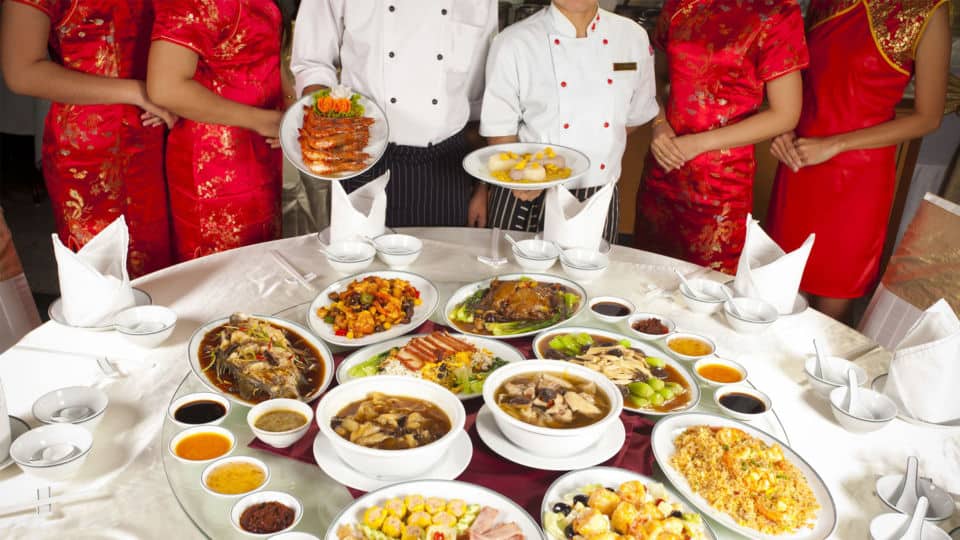How to Enjoy Chinese New Year Healthily?

Some tips for you to enjoy Chinese New Year, if you are suffering from…
Diabetes
- Avoid staying up late and ensure that they have sufficient sleep.
- Alcoholic beverages should be limited to not more than two drinks per day. Alcohol puts you at higher risk for developing low blood sugar level, especially if you are on insulin treatment. It is best to consume alcohol with food, i.e. meals that include carbohydrates like rice, noodles, potatoes and carbohydrates crackers.
High Blood Pressure
- Continue to take your medication as instructed by their doctor.
- Ensure that you have sufficient sleep. Avoid staying up late.
- Alcoholic beverages should be limited to not more than 2 drinks per day.
- Liver Problems
- Try to avoid deep fried and oily food especially for those diagnosed with fatty liver. Small amount limited to the first and second day of Chinese New Year should not be a problem.
- For those with chronic liver problems and/or past histories of liver failure, it is best to avoid high protein food.
- For those with chronic viral hepatitis B and C, adequate sleep is important as sleep deprivation will affect the immune system and lead to reactivation of liver viruses.
- Avoid alcoholic beverages as far as possible.
Heart Problems
- Moderation is the key for patients with heart problems, in particularly drinking alcohol excessively. Excessive alcohol is toxic to the heart. Acutely, it can trigger arrhythmia such as atrial fibrillation. Long-term consumption of excessive alcohol can lead to heart failure, called alcoholic cardiomyopathy, in the long term.
- Binge drinking is like having a large meal. Both the heart and body will need to work extra hard to digest the alcohol. This will put the already weak heart to go into overdrive.
- For those with weak heart or suffering from kidney diseases, they should avoid drinking excessive water or salty food as it will lead to water retention.
- When busy visiting or entertaining guests or family members, it is easy to neglect the much needed rest. Staying up late will put unnecessary stress on the heart.
- Avoid heavy lifting. During heavy lifting, blood pressures, heart rate and contractility of heart increases workload for the heart. This is bad news for the patients with either weak hearts or blocked heart arteries.
Symptoms of high blood pressure emergency (blood pressure >/= 180/120 mmHg) may include:
- Blurry vision or other visual changes
- Headache
- Nausea or vomiting
- Confusion
- Dizziness
- Abnormal body movements
- Trouble breathing
- Chest pain
Symptoms of low blood sugar level (< 4 mmol/L) may include:
- Fast heart beat
- Sweating
- Feeling very hungry
- Dizziness, weakness and shaking
- Drowsiness
- Confusion


